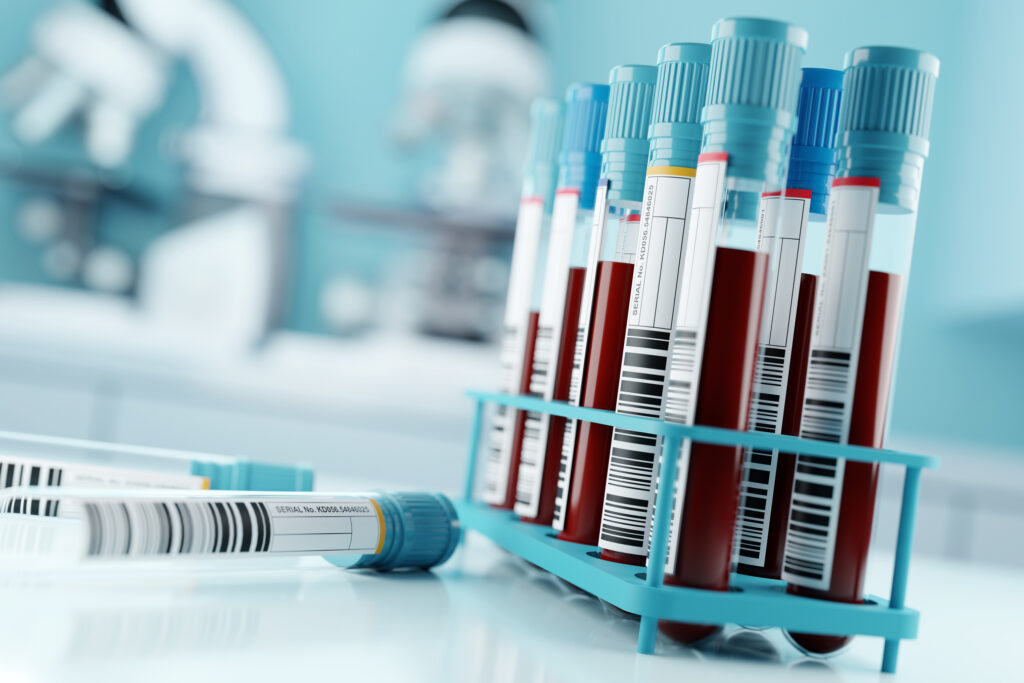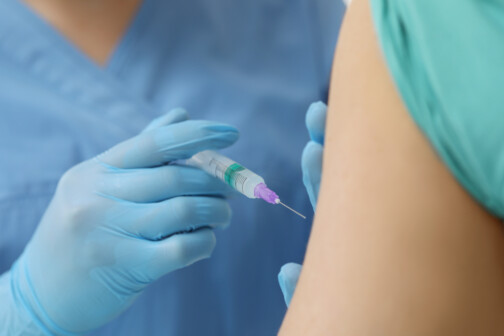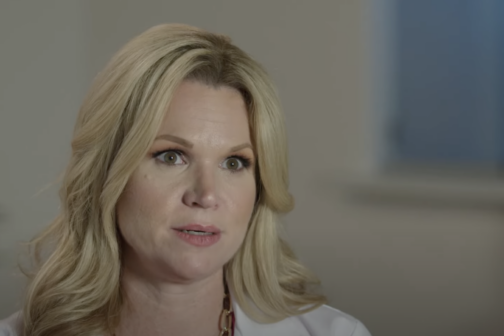A North Dallas diagnostic firm may be on the verge of revolutionizing the cancer screening process. Cancer Check Labs has developed a technology that can screen 40ml of blood and detect the growth of more than 200 solid tumors before symptoms occur.
Modern cancer tests can be error-prone, invasive, or unable to detect anything until a later-stage tumor develops. A test that can detect cancer before symptoms occur has been the goal of diagnostic cancer researchers for years, with scientists and companies working on a liquid biopsy that can detect the presence of cancer growth before other tests can detect tumor tissue and before the cancer becomes deadly. Irving firm Caris Life Sciences has developed a similar test and has joined other research around the country to make early cancer detection more accurate.
While early detection improves the survival rate for all cancers, a simple blood test to detect cancer can be even more impactful, and Cancer Check Labs’ innovation may be a game changer.
Cancer Check Labs Founder and CEO Sumit Rai is a former CEO of a mobile advertising exchange company that made $50 million in annual revenue and has more than 20 years of experience in venture capital, private equity, and hedge funds. He has invested in several healthcare companies over the years, including medical device companies, and has now turned his attention to Cancer Check Labs. Inspired by the loss of his sister to cancer 14 years ago, he is on a mission to fundamentally change how cancer is detected.
The company has spent $80 million over the last 14 years to develop a proprietary filter that can process a statistically significant volume of blood and detect circulating tumor cells (CTCs), which travel through the blood and are a sign that the cancer may be metastasizing, or spreading to other parts of the body. Rai says that being able to detect CTCs and their source is cataclysmic. “This is a disruptive breakthrough in cancer treatment and has profound implications because it gives rise to previously inconceivable diagnostic and therapeutic applications.”
Here is how it works: When patients go through their first step with Cancer Check Labs, the test can filter for CTCs and determine if solid tumors are metastasizing. If CTCs are detected, Cancer Check Labs will run a second diagnostic that can determine the likely origin source for the cells, giving an indication of the next steps in treatment. Once the test identifies the cancer, patients can connect with a specialist for further testing, monitoring, or treatment.
Rai says that what separates the Cancer Check Labs test from similar diagnostics is that many other liquid biopsy tests look for biomarkers or scraps of cells that are amplified and used to extrapolate a test result. Because these scraps may have come from cancer cells that have been destroyed or died as a result of a regular immune system fighting the cancerous cells that we all produce, the tests that look for biomarkers often result in false positives. Cancer Check Labs’ filter can physically capture complete CTCs and give them to a pathologist for analysis.
Cancer Check Labs is launching in DFW, with its first blood draw location near Medical City in North Texas and a lab in the Medical District. Beginning in July, patients will be able to book their test for $1,295, and the service will launch with a national phlebotomy company after that.
The impact is enormous, especially for something like pancreatic cancer, which is often a presumed death sentence by the time it is detected. While Stage 4 is a death sentence, stage 1 is much more curable, but the only way physicians find it is to see something abnormal while doing a procedure in the area. A Cancer Check Lab test may be able to detect CTC cells before the cancer is even in Stage 1, reducing healthcare spending while improving outcomes against the country’s second-highest cause of death. “If you start testing cancer at stage 0, you will practically eradicate mortality,” Rai says. “If you do that, the implications on the world are profound.”
Author







